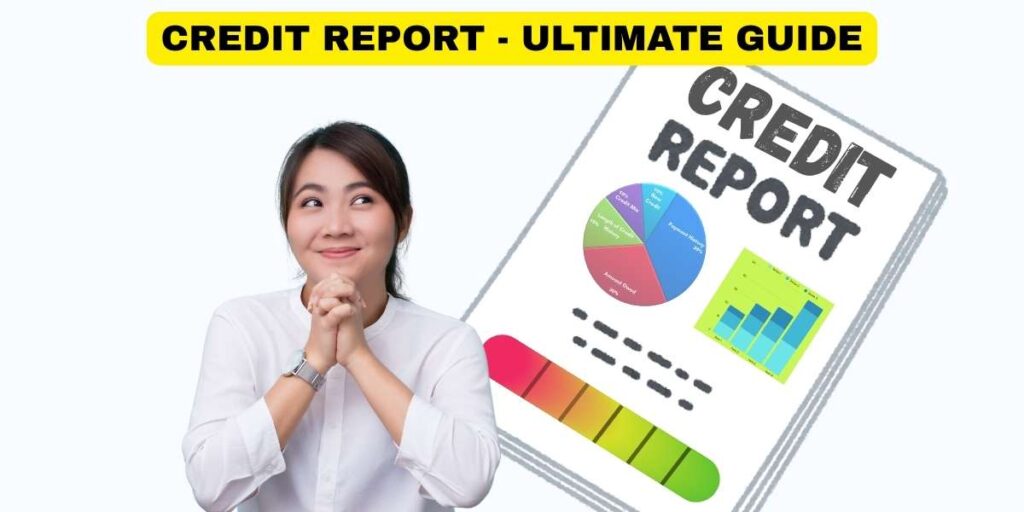Annual credit reports are hidden blueprints lenders use to decide your financial future. Whether you’re applying for a mortgage, business loan, or rental agreement, this guide will help you decode your credit report, fix costly errors, and unlock better opportunities.
(For how credit reports differ from a credit score, see our Credit Score vs Credit Reports article)
What Is a Credit Report?
Annual credit reports are detailed records of your borrowing history, tracking everything from credit cards to utility bills. Think of it as your financial CV – one that lenders, landlords, and even employers scrutinize.
Key Sections Explained
- Personal Information:
- Verify your name, address, and DOB (errors here can trigger fraud alerts).
- Credit Accounts:
- Look for incorrect balances or closed accounts marked as open.
- Public Records:
- Bankruptcies stay for 6 years; CCJs for 6 years (England/Wales).
- Hard Inquiries:
- Too many applications in 6 months? This could lower your score.
How to Get Your Free Credit Report
You’re legally entitled to free statutory reports from all three UK and USA agencies (Experian, Equifax, TransUnion). Here’s how to access them:
Option 1: Free Statutory Report
- Experian: Request via post or online (basic data only).
- Equifax: Use ClearScore for a free weekly Equifax report.
- TransUnion: Access via MSE Credit Club or statutory request.
Option 2: Comprehensive Monitoring Services
- Experian CreditExpert (£14.99/month): Real-time alerts and full report access.
- Checkmyfile (£14.99/month): Aggregates data from all three agencies.
How to Read Your Credit Report:
Red Flags to Watch For
- Outdated Information: Closed accounts still marked “open”.
- Fraudulent Accounts: Credit cards you didn’t apply for.
- Incorrect Balances: Overstated debts hurting your score.
How to Dispute Credit Report Errors
1 in 3 adults find mistakes on their reports – here’s how to fix them:
Step-by-Step Dispute Process
- Contact the Agency: Use Experian/Equifax/TransUnion’s online dispute forms.
- Provide Evidence: Send bank statements or ID to prove errors.
- Escalate if Needed: Complain to the Financial Ombudsman if unresolved.
(Click here for a free: “Credit Reports Dispute Letter Template”)
How Credit Reports Affect Your Financial Life
For Consumers
- Mortgages: A poor credit report could add over $100,000 in interest on a typical 30-year loan compared to someone with excellent credit. For example, on a $300,000 mortgage, a borrower with a credit score in the 620–639 range could pay about $116,000 more in interest over 30 years than a borrower with a score in the 760–850 range, due to higher interest rates. This demonstrates how significantly a poor credit report can increase the long-term cost of a mortgage in the United States.
- Rentals: Landlords increasingly check reports to assess reliability.
For Small Businesses
- Business Credit Reports: Separate from personal reports but equally critical for loans.
- Credit Checks: Suppliers may review your business’s report before offering terms.
(Read our Guide: “Business Credit Reports: A Guide for SMEs”)
Pro Tips to Improve Your Credit Report
- Pay Bills on Time: Set up direct debits for minimum payments.
- Keep Utilization Under 30%: Maxing out cards signals financial stress.
- Limit Hard Inquiries: Space credit applications by 6+ months.
- Register to Vote: Being on the electoral roll boosts credibility.
Advanced Strategies:
For Identity Theft Victims
- CIFAS Protective Registration: £25 for 2 years of fraud alerts.
- Credit Freezes: Block lenders from accessing your report without permission.
For Credit Newbies
- Credit-Builder Cards: Try Aqua or Capital One to start building history.
- Guarantor Loans: Use a co-signer if your report is thin.
Master Your Credit Report Today
✅ Free Credit Check: Use MSE Credit Club to view your TransUnion report now.
✅ Error Dispute Kit: [Download our free template] to fix mistakes in <10 minutes.

